Data Economy and Physical Economy
One of the major drivers for investing in federated data spaces is the business potential for the emerging data economy: being able to innovate by combining and processing data from all kinds of data sources, while the data owners are able to keep control of their data and monetize its use.
Other drivers are more related to benefits in the physical economy, as in high-tech manufacturing networks or global supply chains. The federated data exchange is a means to innovate and be more competitive in the physical economy.
The FEDeRATED framework and the BDI which is derived from the FEDeRATED concepts are focused on challenges in the physical economy where contracts and coordination between many actors, and proof of compliance in Business-to-Business (B2B) and Business-to-Government (B2G) interactions are dominant drivers. For example in global supply chains with import-export controls, in construction, or in engineering & contracting.

FEDeRATED: Event driven
The FEDeRATED project (DTLF) has introduced 5 general principles which the BDI adheres to:
- ensure data sovereignty;
- create trust among platforms and participants;
- provide a framework to enable interoperability;
- be open and neutral to any participating party;
- ensure data quality;
It also introduces events as a core concept.
- Events can be physical or administrative: such as loading of cargo, planning an ETA, or payment of an invoice
- Events are defined in the common ontology
- Data Owners implement a publish-subscribe mechanism for events.
- Data Consumers can subscribe to the publication of these events by a Data Owner.
- Published events incorporate a link to the resource where additional data about the event can be accessed, provided the Data Consumer is authorized to do so.
Contracts, Coordination and Compliance
Managing a set of customized agreements and contracts
The main approach is one fitting to a project and/or business activities with very short planning horizons: events trigger an avalanche of actions in a network of parties involved.
Interacting bespoke contracts have to be agreed upon, monitored, adjusted and/or verified. Price/conditions, planning requirements (when, where), specifications of service or goods: some or most of these conditions are bespoke and non-repetitive.
The interaction between these contracts is high: (unanticipated) changes in the execution of one contract can create an operational and financial ripple effect in many others, including those of sub-subcontractors and suppliers.
Complex coordination in real time
All parties involved, including the nested sub-subcontractors have to coordinate their activities to get the desired integrated result: events trigger actions and subsequent coordination between parties. In many cases, without a direct commercial relationship have to coordinate their actions in real time, and exchange sensitive information on behalf of their principals.
Compliance assessment is part of the operation
The parties involved need to show compliance to laws, regulations and permits to multiple Authorities, sometimes of different countries or trade-blocs. Compliance checking by Authorities can be a fully integrated and time-critical part of a supply chain or project. For example:
- cross-border customs and inspection requirements
- safety regulations check,
- phytosanitary regulations check
- labor laws check
- verification of construction quality check
- environmental laws and regulation check
